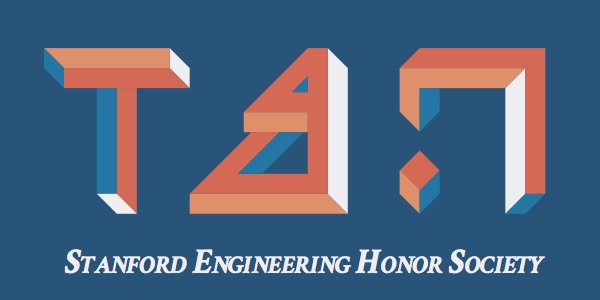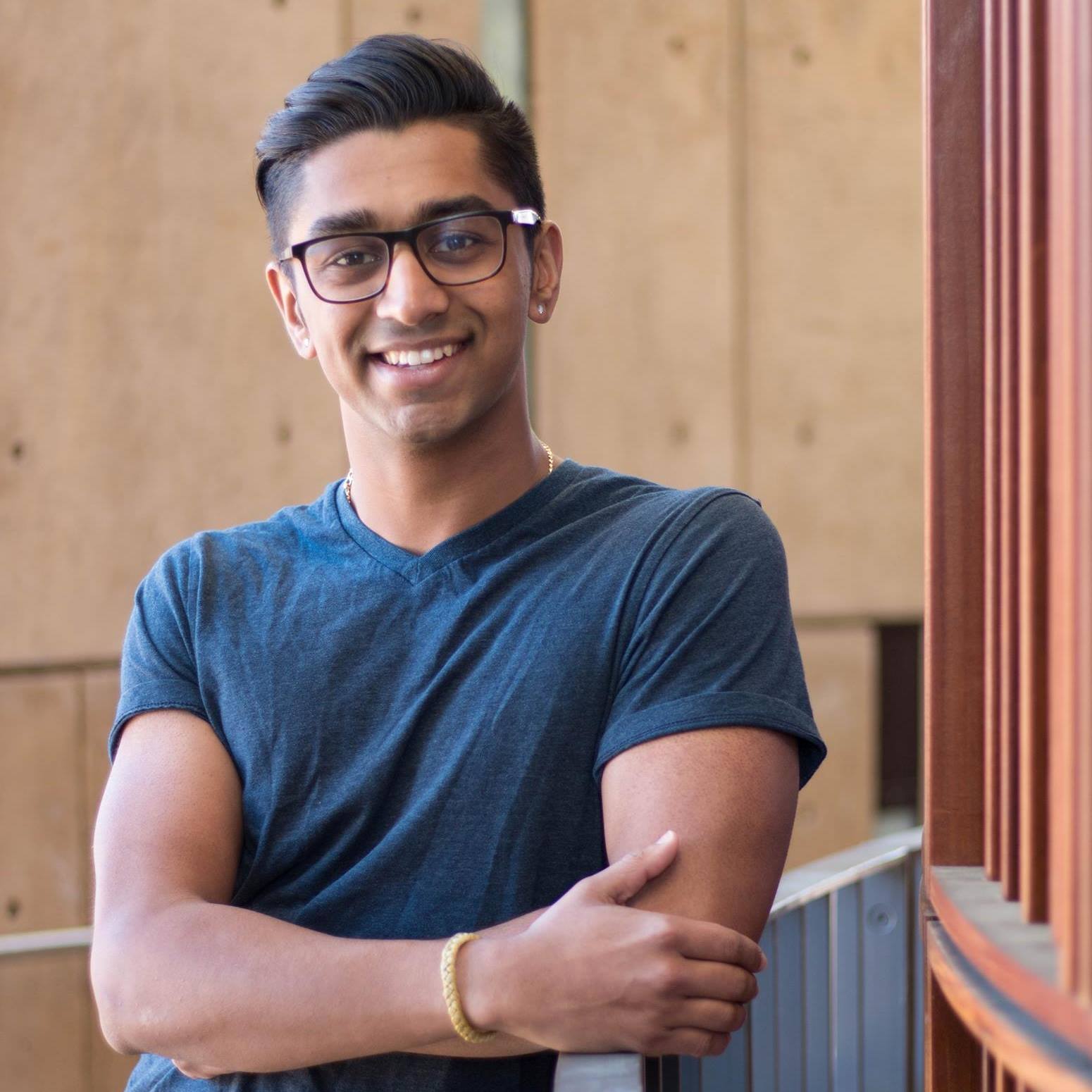I have always had a profound interest in international relations—I suppose that my involvement with the Model United Nations program during my Middle School and High School years was fundamental in this regard. Therefore, although I decided to pursue an engineering degree at Stanford, I wanted to find an avenue through which I could continue to explore the intricacies of global affairs. Enter the inter-disciplinary Honors Program in International Security Studies offered by the Center for International Security and Cooperation (CISAC).
The CISAC Honors Program proved to be exactly what I was looking for. The basic gist of the program is the following: during their senior year, around a dozen students write a thesis on a topic of their choosing; the only requirement being that the thesis must have an international security component to it. Although the program has, for obvious reasons, traditionally appealed to students pursuing a major in Political Science, International Relations, etc., engineering students can indeed find it valuable. There are actually three engineers in my cohort—the real beauty of the program is that, naturally, we are all writing about topics that have a heavy engineering component to it. Thus, we are essentially applying our engineering tool-kits to a field that has not necessarily featured extensively in our undergraduate curriculum. Personally, I have found the program to be quite rewarding for that particular reason: I am producing a true capstone project for my time at Stanford.
My thesis explores why North Korea—a country that has been traditionally ascribed labels of the likes of “pariah, rogue state, hermit kingdom, etc.”—has participated so prominently in multilateral environmental agreements (MEAs). My research question is even more dumbfounding once one realizes that North Korea’s record of being a consistent MEA participant is not replicated in other domains of the international regime (even when considering only so-called soft politics). The first portion of my thesis explores whether North Korea has complied with the spirit of the MEAs it has ratified. Here’s where the engineering component of my thesis comes in: I use the Landsat-5 Thermal Mapper satellite imagery repository to chart relevant spectral indices over distinct regions of North Korea between 1985-2012. I could write an entire blog post on this particular point, but the basic idea is that—given the sparsity of data pertaining to North Korea’s environment (particularly for local-level statistics)—I use proxies for environmental indicators (i.e., these spectral indices that I have referenced) as a substitute. Had I not had prior experience dealing with satellite imagery and programming, I would have not been able to tap into this alternative source of information.
In sum, my training as an engineer has allowed me to address a social science question with a fresh and innovative approach, which is quite valuable. At the same time, I have enjoyed the rare (and challenging) endeavor of having to produce high-quality thesis chapters at a consistent pace. I would definitely recommend the CISAC Honors Program—or any inter-disciplinary honors program of a similar nature—to all of my fellow engineers at Stanford.
Blogger:
Federico Derby Elizondo
Why did you choose to be an engineer?
To be completely frank, it simply happened. I came into Stanford totally unsure about what major I wanted to pursue; I spent a couple of quarters completing introductory courses within several departments in order to gauge my interest. Ultimately, I found the diversity of the MS&E curriculum to be extremely appealing. In sum, my infatuation with MS&E led me to become an engineer.
Hometown:
Monterrey, Mexico
Class year:
2019
Field:
Management Science and Engineering
Blogger bio:
Federico is a senior at Stanford University majoring in Management Science and Engineering (MS&E), with inter-disciplinary Honors in International Security Studies through the CISAC Honors Program. Federico will return to Stanford for the 2019-2020 academic year to pursue a co-terminal degree in MS&E (with a specialization in Computational Social Science).

